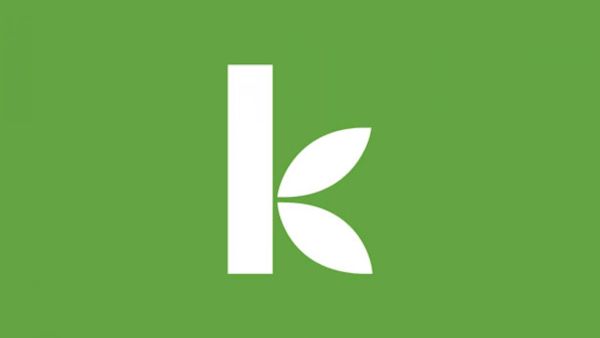
I have been in the country for two weeks now and I love it. Ghana is known for its warmth—both physical and relational—and thus far, it has lived up to its reputation. The Ghanaian handshake, with its snap upon release, seems to epitomize the general tone of life here. Friendly and laid-back. In the town of Cape Coast where I’m living, taxi drivers remember your name and children invite you to games of make-shift pool (using long sticks and marbles). Religion is also a very prominent part of life here. 70-80% of the population is Christian, and those of the faith display it proudly. Most vehicles boast bumper stickers that remind us to “Love Jesus!” or of “Jesus Christ: Someone You’ve Got to Meet!” The names of shops often contain biblical allusions as well. My favorites thus far are, “Man! Know Thyself Enterprises” and “In Christ’s Blood Beauty Salon.” Although it could easily be overwhelming for Non-Christians, I think there’s something refreshing about such an unabashed commitment to one’s faith.
I am here in Ghana for 11 weeks this summer working with an NGO called Christian Rural Aid Network (CRAN). CRAN’s mission is to improve the livelihood of the rural and semi-urban poor, particularly women and children. CRAN started its microloan scheme in 1998. Since then its microfinance program has grown to encompass approximately 70% of its operations, and in the past two years, the organization has increased its number of active borrowers from one thousand to five thousand. In addition to extending microloans to small-scale entrepreneurs, CRAN also offers a nontraditional “susu” savings option. With this type of savings, participants in the voluntary program pledge to set aside a certain amount of their income per day, generally somewhere between one and five cedis (roughly one to five dollars). For a small monthly fee equal to a day’s worth of savings (such that clients pay in accordance with their means), a CRAN representative collects the money daily from the client’s residence. CRAN then stores the money safely in a bank account where it can be withdrawn upon the client’s request. Such a program helps clients build a personal safety net for rough times and, for those with loans, helps ensure that they can make repayments in a timely fashion.
Working with the Kiva coordinator, my main responsibility this summer will be to interview clients for the purpose of writing journal updates. Because of CRAN’s small size, however, I’ll have the opportunity to take part in several other projects, which I’m really excited about. At the end of July, CRAN will undergo a social impact assessment of its lending program. In preparation for this, we’re trying to conduct our own mini evaluation. I have been able to help with both the development and execution of this assessment, which has been really exciting. I believe that the extension of reliable and affordable credit to the poor undeniably meets a critical need that was long overlooked. The question, however, of whether it actually contains the potential to help alleviate poverty and empower women is still fiercely debated within the sector. The issue fascinates me, and I’m very grateful for the opportunity to explore it with CRAN.
I want to end with a quote from a book I just finished reading. (I’d recommend it to all travelers in Africa, and particularly females.) It’s a quote that put into prose so perfectly what I have felt since I arrived in Ghana:
“In Africa, the boat leaves when it’s full. You might wait an hour; you might wait two weeks. If you spend that time tipping forward into the future, you sink. The best think to do is just to sit on the boat and look around at the other humans who are sitting there with you. You might discover that you like the view.”
- Somebody’s Heart is Burning, by Tanya Shaffer
To see all currently fundraising loans from CRAN on Kiva.org, please click here.
/>














